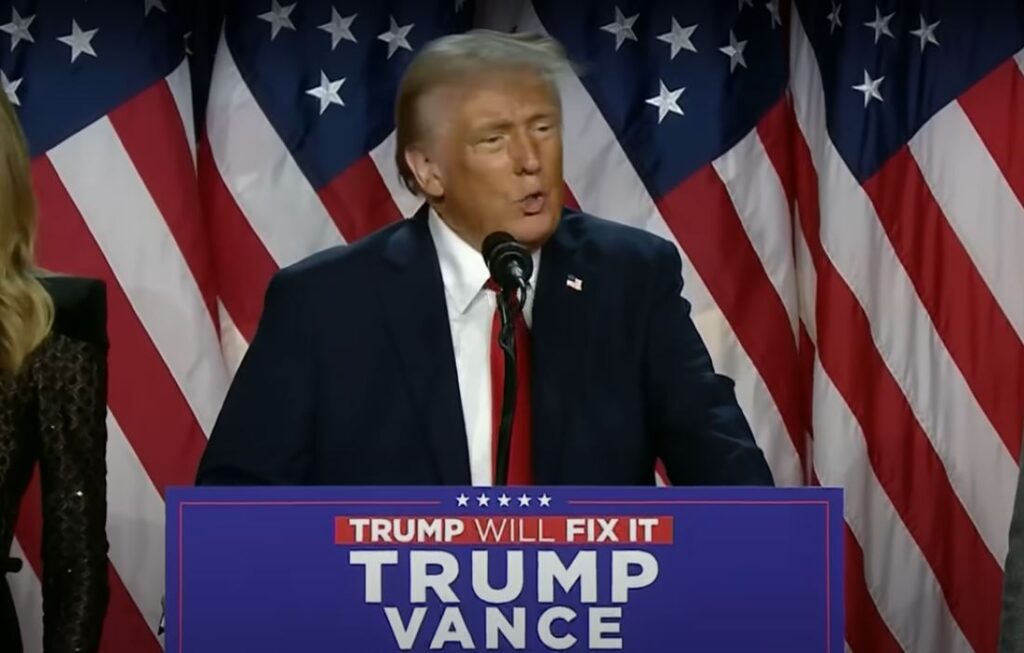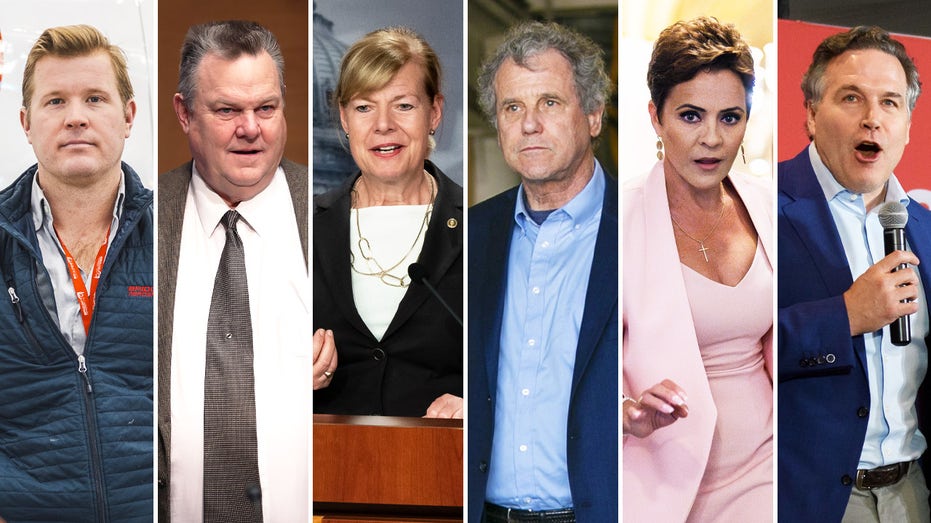Foreign Affairs: Trump’s foreign policy stance to test US role as global threats rise
Professor Daniel Drezner argues that despite Trump’s reinforced foreign policy framework, reclaiming America's global authority may prove difficult.


Daniel Drezner, an American political scientist and professor of international politics at The Fletcher School of Law and Diplomacy at Tufts University, says that although Donald Trump’s ability “to command the foreign policy machinery” will be enhanced, questions remain about his capacity to improve the US’s global standing, according to Foreign Affairs.
During the US elections, Trump repeatedly claimed he could end the war “in 24 hours,” but details of his plan have been scarce. Recent reports suggest his approach may involve freezing the war along current front lines and establishing a demilitarized zone, pressuring Ukraine to make territory concessions, and delaying NATO membership for at least 20 years.
Donald Trump, who won the 2024 US election, is preparing for a second term amid a more serious global landscape—marked by the all-out war in Ukraine and conflict in the Middle East.
Drezner states that Trump criticized Biden during the campaign, especially for the US troop withdrawal from Afghanistan in 2021.
“The humiliation in Afghanistan set off the collapse of American credibility and respect all around the world,” Trump claimed.
The analyst suggests a similar outcome in Russia’s war against Ukraine could create parallel political challenges for Trump.
“The reality is that Trump will find it more difficult to withdraw the United States from these conflicts than he claimed on the campaign trail,” Drezner said.
The expert also said that “global rules of the game” have shifted since 2017. Many countries have begun asserting independence from the US, including through BRICS+, OPEC+, and the Shanghai Cooperation Organization.
Additionally, he mentioned the “alliance” of China, North Korea, and Iran with Russia in their efforts to disrupt the world order.
The analyst further pointed out that Trump enters his second term as a known figure on the world stage.
Drezner also cited Columbia University Professor Elizabeth Saunders, who suggested that Trump’s actions in 2024 are “much easier to predict” and that while he previously projected an image of being “somewhat mysterious” in his 2016 foreign policy, he has ultimately become a relatively predictable politician.
Related:
- The Telegraph: Trump eyes 1,000-km buffer zone in Ukraine, guarded by EU and British forces
- Reuters: Trump team disavows advisor’s stance on Ukraine territorial concessions for peace
- Biden: NATO allies split over Ukraine’s long-range strikes inside Russia
You could close this page. Or you could join our community and help us produce more materials like this.
We keep our reporting open and accessible to everyone because we believe in the power of free information. This is why our small, cost-effective team depends on the support of readers like you to bring deliver timely news, quality analysis, and on-the-ground reports about Russia's war against Ukraine and Ukraine's struggle to build a democratic society.
A little bit goes a long way: for as little as the cost of one cup of coffee a month, you can help build bridges between Ukraine and the rest of the world, plus become a co-creator and vote for topics we should cover next. Become a patron or see other ways to support.


